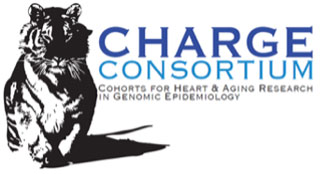Areas of investigation/research focus
Our research aims to unravel the molecular drivers of aging and understand how lifestyle shapes these processes across the human adult lifespan. To achieve this, we analyze and integrate data from large-scale population studies, encompassing multiple molecular layers (such as (epi)genomics, transcriptomics, and proteomics, etc.) alongside lifestyle factors.
Currently, our group is focused on two key aspects:
Biological aging as a driver of neurodegeneration across the adult lifespan
Aging is the primary risk factor for Alzheimer’s disease and related dementias (AD/ADRD). However, not everyone ages biologically the same way. The steep increase in neurodegeneration and cognitive decline with age suggests that biological aging may play a critical role in initiating and accelerating neurodegenerative processes. Nevertheless, the specific molecular alterations associated with biological aging and their connections to neurodegeneration are not well understood.
To address this, our project focuses on:
- Developing new ways to biological aging by integrating multi-layer molecular data with cutting-edge computational technologies.
- Assessing the associations between biological aging and neurodegenerative changes across the adult lifespan.
- Performing functional analyses to identify molecular pathways through which biological aging drives neurodegeneration.
DNA methylation as a molecular link between the exposome and complex aging traits
DNA methylation is a key molecular mechanism that connects environmental exposures, such as physical activity and diet, to aging process. However, the extent to which DNA methylation contributes to aging across diverse traits remains poorly understood. To address this, we have conducted a series of studies investigating the association of the epigenome with lifestyle factors and various aging traits (so called epigenome-wide association studies (EWAS)) in collaboration with large consortia. Through these analyses in large population-based cohorts, we aim to identify DNA methylation signatures and molecular patterns that illuminate the links between environmental exposures and aging-related traits.



